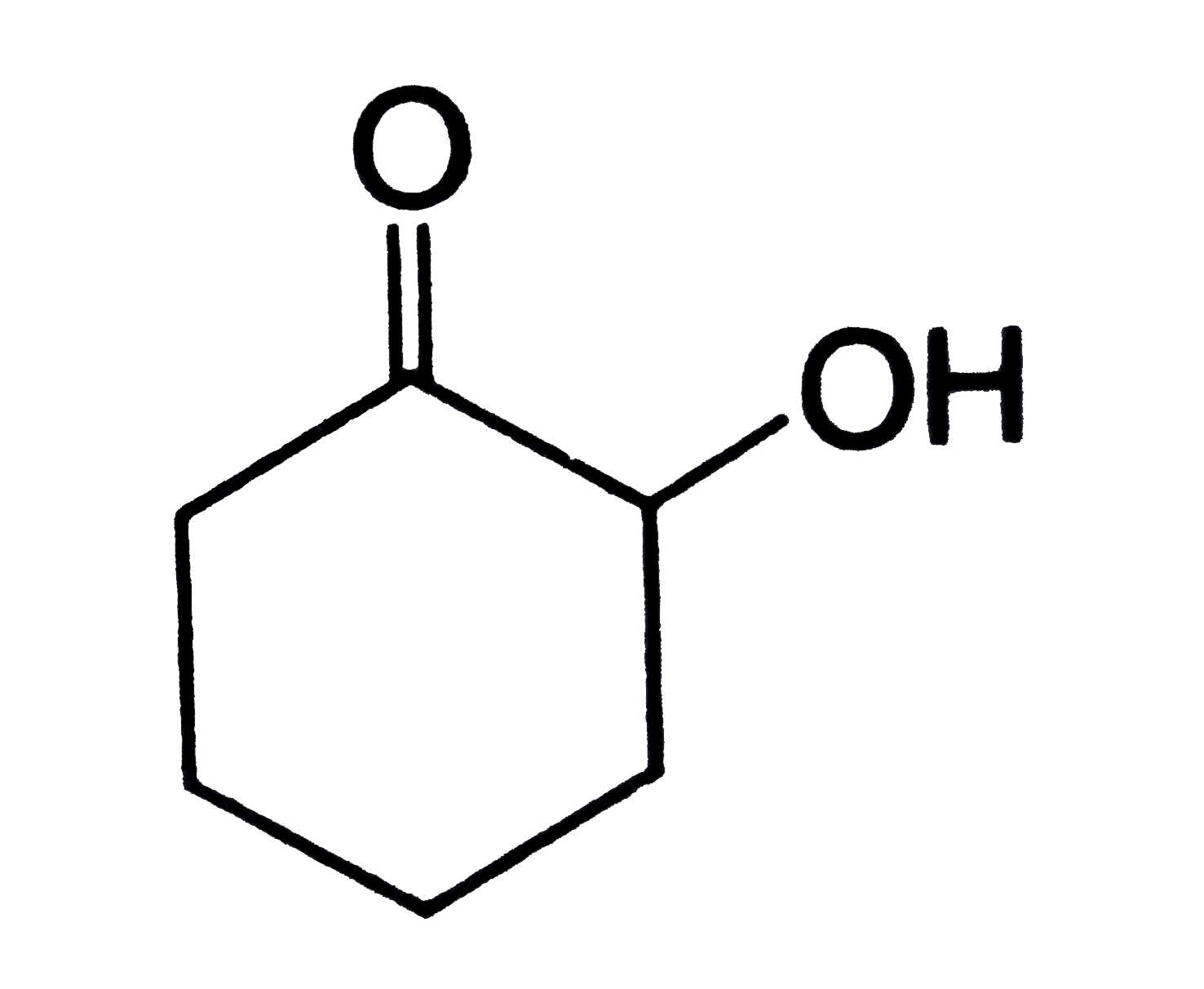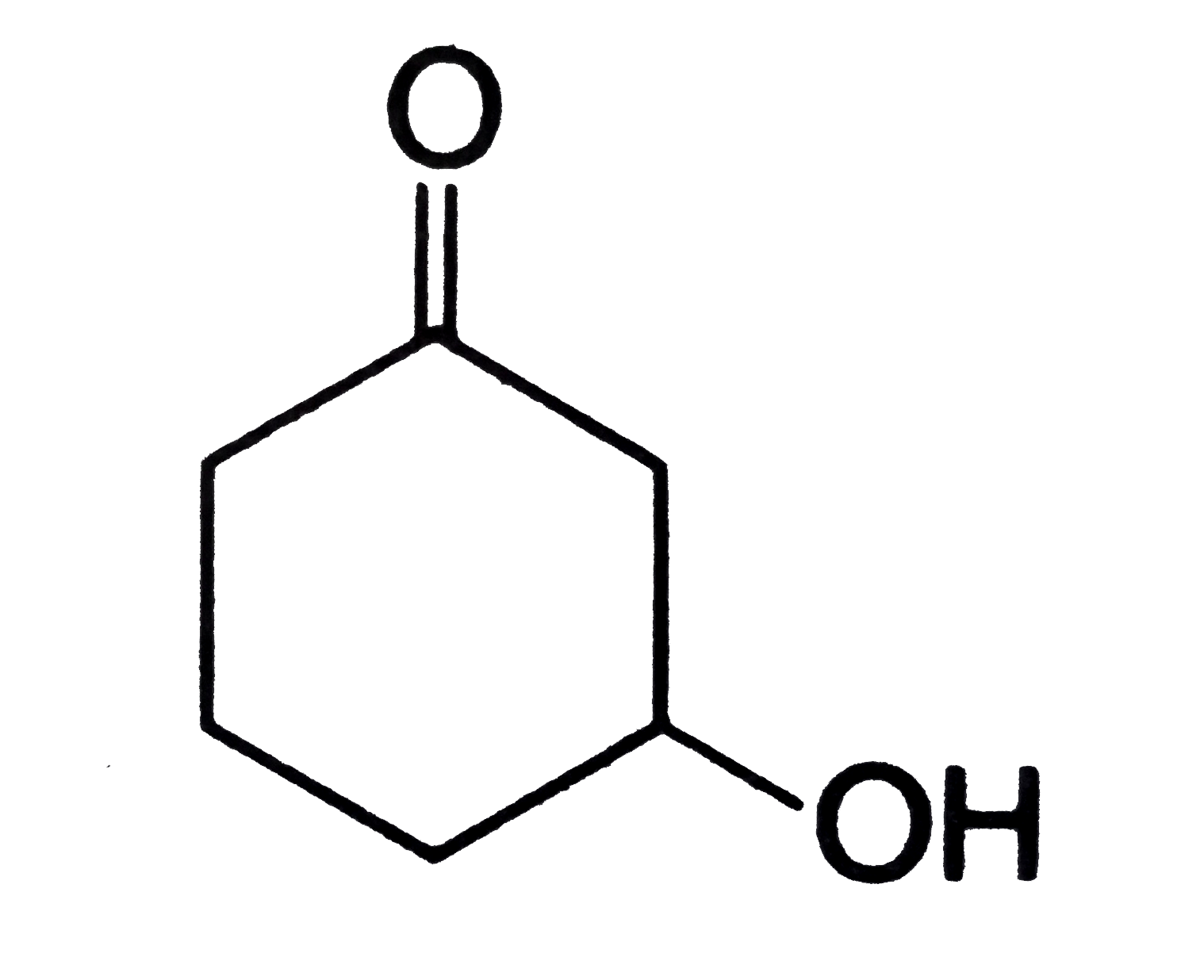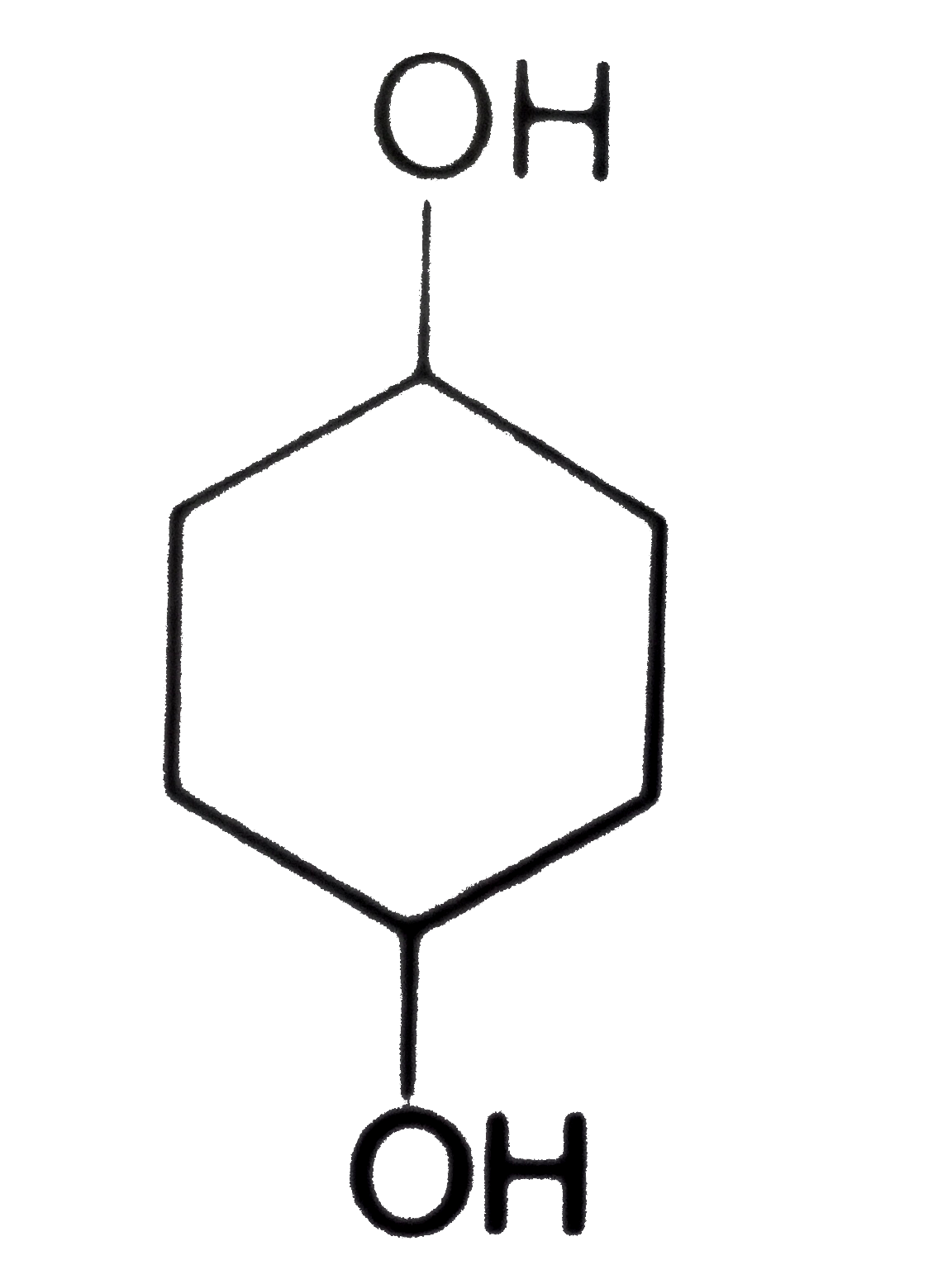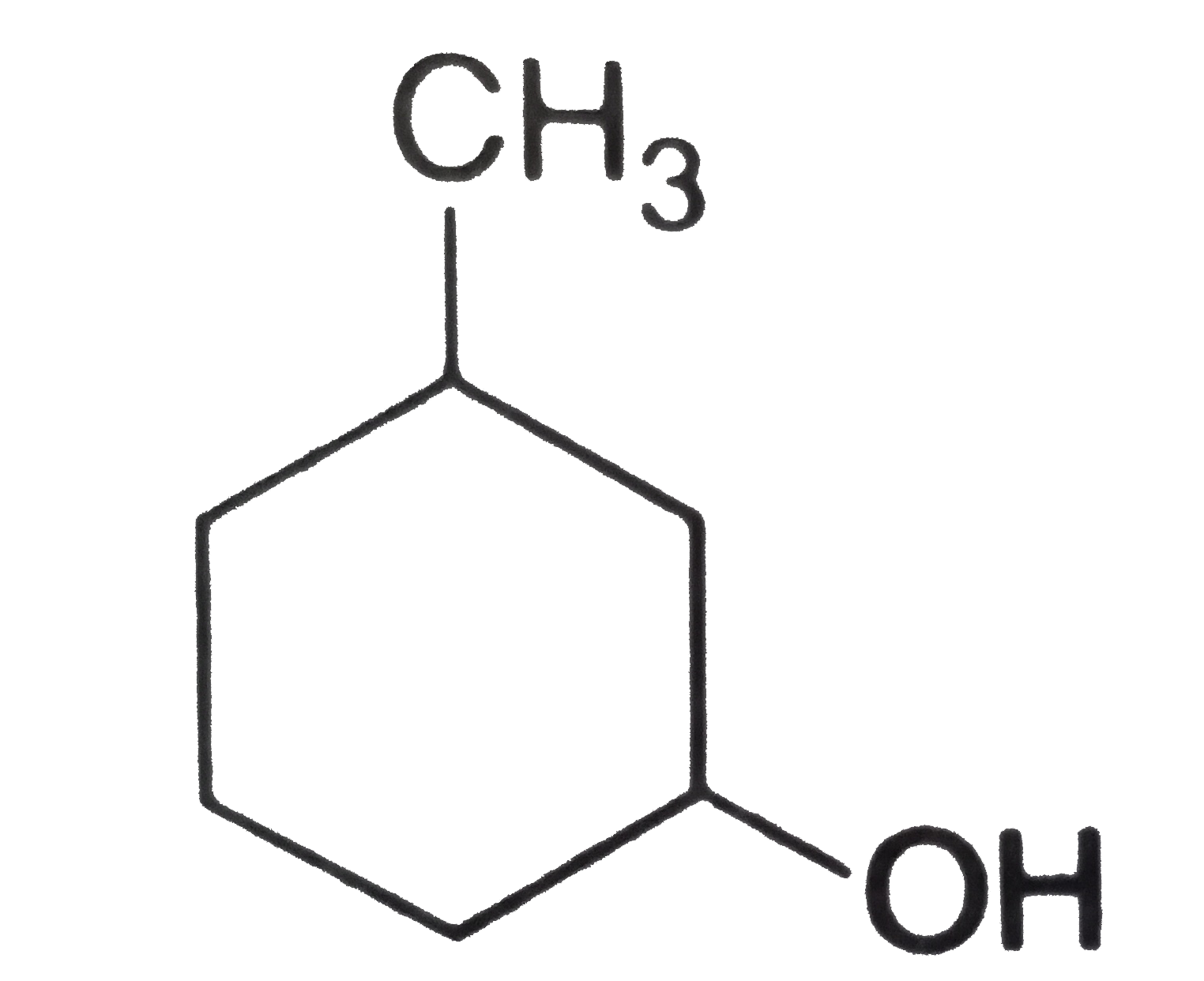What is diarrhoea? How is diarrhoea caused? Why does dehydration take place during diarrhoea? How can dehydration be prevented?
Step-by-Step Solution:
1. Definition of Diarrhoea:
- Diarrhoea is a medical condition characterized by the frequent passage of watery and loose stools. This condition can lead to discomfort and can be a sign of an underlying health issue.
2. Causes of Diarrhoea:
- Diarrhoea can be caused by several factors, including:
- Infections: Bacterial, viral, or parasitic infections can irritate the intestines.
- Food poisoning: Consuming contaminated food or water can lead to diarrhoea.
- Alcohol consumption: Excessive alcohol can disrupt the normal functioning of the digestive system.
- Diseases: Conditions like cancer or infections such as COVID-19 can affect the intestines.
- Intestinal disorders: Conditions like irritable bowel syndrome (IBS) can also lead to diarrhoea.
3. Dehydration during Diarrhoea:
- Dehydration occurs during diarrhoea because the large intestine fails to absorb water effectively. As a result, excess water is expelled from the body along with the stools. This loss of water can lead to a significant decrease in body fluids, causing dehydration.
4. Prevention of Dehydration:
- To prevent dehydration during episodes of diarrhoea, the following measures can be taken:
- Oral Rehydration Solutions (ORS): Consuming ORS, which contains a balanced mix of salts, sugar, and water, helps replenish lost fluids and electrolytes.
- Increased fluid intake: Drinking plenty of water and clear fluids can help maintain hydration.
- Antibiotics: In some cases, antibiotics may be prescribed to treat underlying infections that cause diarrhoea.
- Diarrhoea is a medical condition characterized by the frequent passage of watery and loose stools. This condition can lead to discomfort and can be a sign of an underlying health issue.
- Diarrhoea can be caused by several factors, including:
- Infections: Bacterial, viral, or parasitic infections can irritate the intestines.
- Food poisoning: Consuming contaminated food or water can lead to diarrhoea.
- Alcohol consumption: Excessive alcohol can disrupt the normal functioning of the digestive system.
- Diseases: Conditions like cancer or infections such as COVID-19 can affect the intestines.
- Intestinal disorders: Conditions like irritable bowel syndrome (IBS) can also lead to diarrhoea.
- Dehydration occurs during diarrhoea because the large intestine fails to absorb water effectively. As a result, excess water is expelled from the body along with the stools. This loss of water can lead to a significant decrease in body fluids, causing dehydration.
- To prevent dehydration during episodes of diarrhoea, the following measures can be taken:
- Oral Rehydration Solutions (ORS): Consuming ORS, which contains a balanced mix of salts, sugar, and water, helps replenish lost fluids and electrolytes.
- Increased fluid intake: Drinking plenty of water and clear fluids can help maintain hydration.
- Antibiotics: In some cases, antibiotics may be prescribed to treat underlying infections that cause diarrhoea.
Topper's Solved these Questions
Similar Questions
Knowledge Check
- Question 1 - Select One
Diarrhoea causes:
Awhooping coughBdehydrationCtyphoidDall of these - Question 2 - Select One
Maximum dehydration takes place in
A B
B C
C D
D
- Question 3 - Select One
Maximum dehydration takes place in that of
A_S01_432_O01.png) B
B_S01_432_O02.png) C
C_S01_432_O03.png) D
D_S01_432_O04.png)

